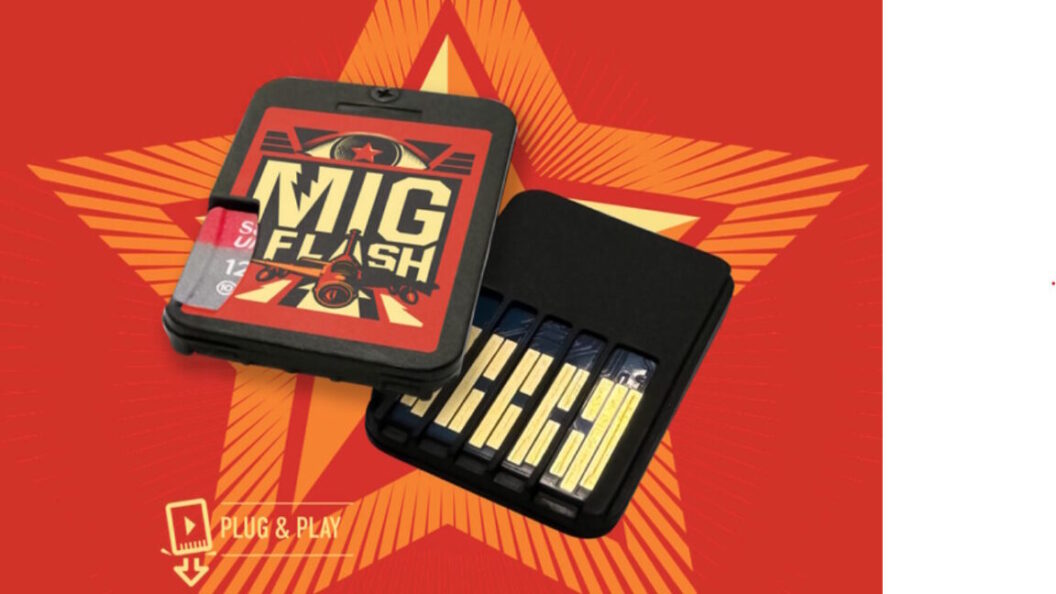Firmware Update Sparks Controversy for Switch 2 Users
In a recent development, the makers of the Mig Flash cartridge, which enables users to play Nintendo Switch games via SD card, released a firmware update that allows these devices to run original Switch games on the newly launched Switch 2. However, many users have since reported discovering that their consoles were banned from Nintendo’s online servers, leading to significant concerns about the implications of this update for gamers.
Users Report Bans on Switch 2 Consoles
Following the update, multiple users of the Mig Flash cartridge reported that their Switch 2 consoles were banned, even when the device had been employed to play backups of games they had legally purchased. Popular hacking news outlet Switch Tools shared a post documenting one such instance, stating, "My Switch 2 test has been banned after using the Mig [Flash] with perfectly legal dumps of my own cartridges." The account further warned users that employing the Mig Flash could pose substantial risks, particularly with the Switch 2.
This information has raised alarms within the gaming community, as it suggests that Nintendo may have enhanced its ability to detect unauthorized use, even in scenarios where users claim to operate within legal boundaries.
Understanding Nintendo’s Detection Methods
Nintendo has long utilized cryptographic signatures to monitor game piracy. When multiple consoles share the same game signature, it raises red flags for the company, indicating potential piracy. Users’ claims that they were using legal backups complicate the narrative, as the Mig Flash is positioned as a tool that can facilitate legitimate backups without triggering these detection methods.
Notably, the developers of the Mig Flash state on their website that their support is limited to backups of a user’s own games, emphasizing the importance of adhering to this guideline to avoid potential bans. Their disclaimer reads: “Failure to respect this rule might end up in bans from Nintendo online service, which we won’t be held responsible for.”
Community Reactions and Implications
The situation has generated a wave of discussion on social media and gaming forums, with many users sharing their own experiences of bans related to the Mig Flash. Some argue that using a legitimate backup should not breach any terms, while others fear that Nintendo’s stringent measures could stifle legitimate uses of the Mig Flash system.
The conversation highlights a broader tension within the gaming industry between maintaining user rights and protecting intellectual property. As the lines blur between legal backups and unauthorized use, stakeholders must navigate these murky waters to foster an atmosphere conducive to both innovation and fair use.
Conclusion: The Future of Backup Tools
The incident serves as a reminder of the ongoing conflict surrounding game piracy and digital rights management. As gaming technology evolves, the need for clear guidelines and protections for users becomes increasingly critical. While tools like the Mig Flash offer convenience and functionality for players, the risks associated with their use underscore the challenges and limitations present in navigating the intricacies of legal and illegal usage in gaming. How Nintendo and other companies respond to these challenges will undoubtedly shape the future landscape for gamers and digital rights advocates alike.









